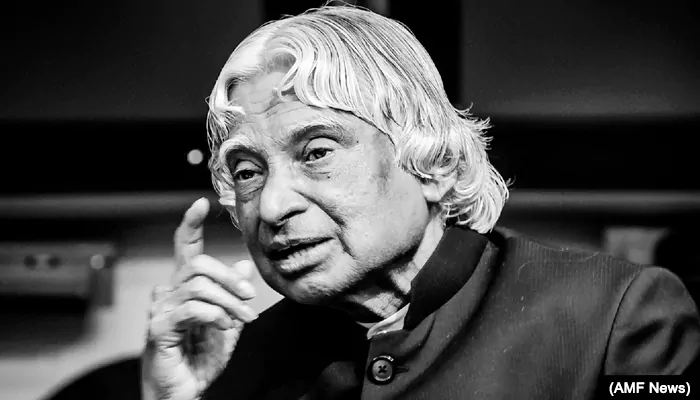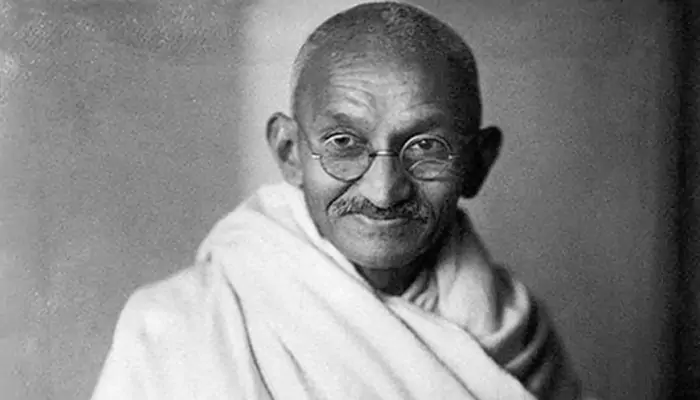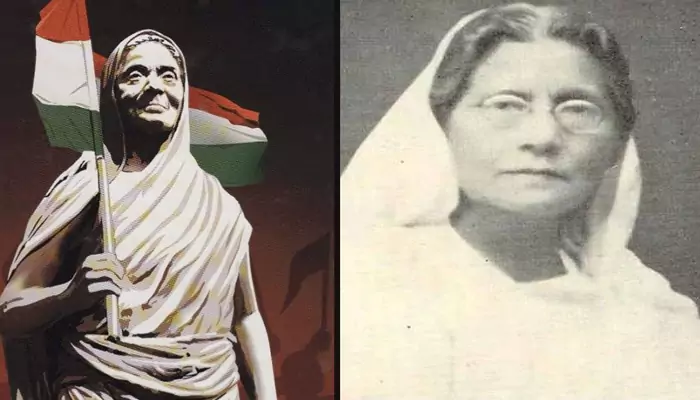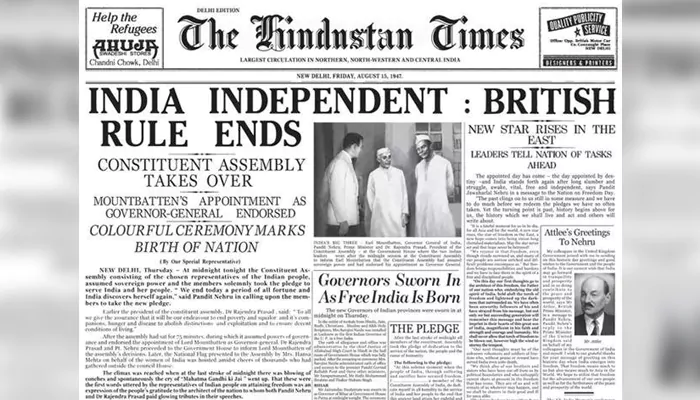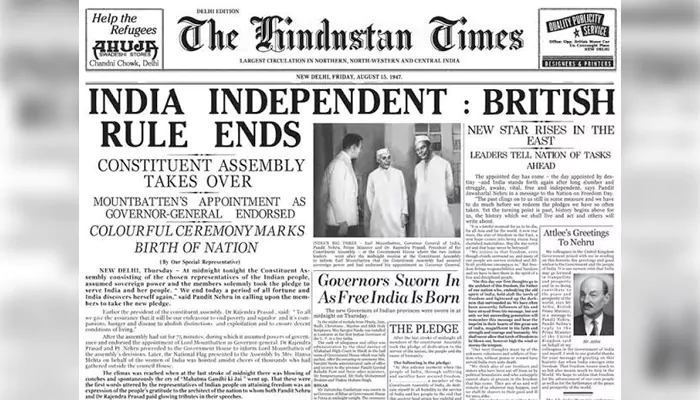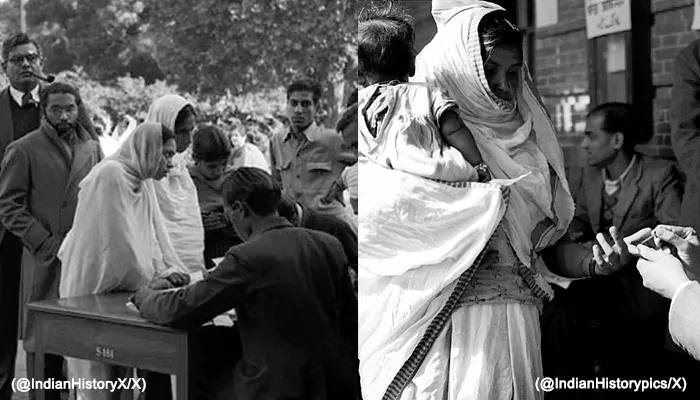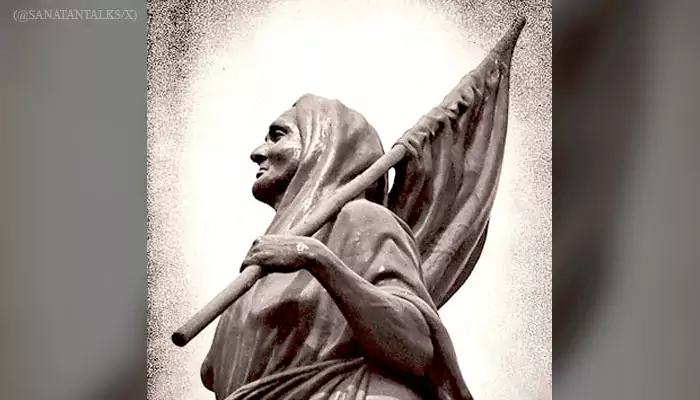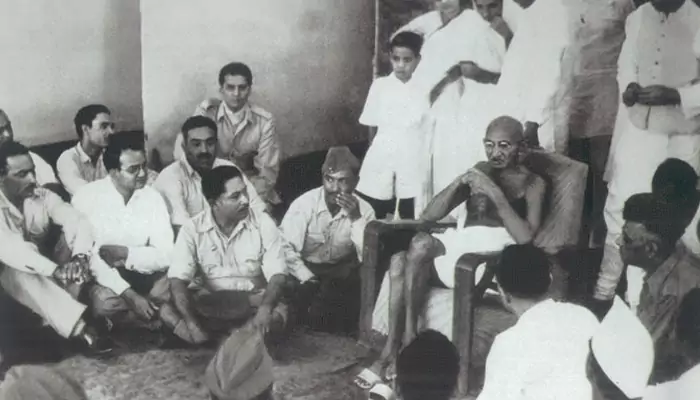B. R. Ambedkar's Death Anniversary: The Late Social Reformer's Books That Will Change The Way You Think
- Sayan Paul
- 1 year ago
- 4 minutes read

Dr. Bhimrao Ramji Ambedkar, popularly known as B. R. Ambedkar, was one of the most educated Indians of his time.
"Be educated, be organized, be agitated." - B. R. Ambedkar
Dr. B. R. Ambedkar was many things - a scholar, an economist, a jurist, a social reformer, and a political leader who served as the Law and Justice minister in the first cabinet of independent India. He was the architect of the Constitution of India and fought his entire life to ensure rights for the oppressed. But beyond all that, it was his exceptional education, wisdom, and intellect that truly defined him. As it goes without saying, he was a genius in the truest sense of the term. He completed 8 years of studies in 2 years and 3 months at the prestigious London School of Economics (notably, he was the first Indian to pursue a doctorate in economics abroad). He knew 9 languages and was an expert in 64 disciplines.

Fondly called Baba Sahib, Dr. Ambedkar not only revolutionized India's socio-political scene but also inspired generations to come. And he wrote numerous books which continue to guide us to fight the obstacles of life. Today, on his 68th death anniversary, let's have a look at some of his best books that everyone should read at least once.
The Annihilation of Caste
'The Annihilation of Caste' was originally written as a speech that Dr. Ambedkar was to deliver at an anti-caste convention held in Lahore by Hindu reformers in 1936. The speech was eventually canceled (as the conference organizers deemed it too controversial upon review), and Ambedkar proceeded to self-publish it.
The book is a critique of India's caste system and addresses how it affects the lives of common people. Here, Ambedkar uses various examples to show how this system is preventing India's progress in both socio-political and socio-economic scenarios. Also, he calls for a complete rejection of everything in Hinduism that upholds casteism.
15th May #TheDayInHistory
— Dayanand Kamble (@dayakamPR) May 15, 2022
Exactly 86 years ago #OTD in 1936, Dr #BabaSahebAmbedkar published "Annihilation of Caste": a text that affirmed humanity & negated caste. Priced at 8 annas, #DrAmbedkar printed 1,500 copies of the text of his speech at his own expense. pic.twitter.com/2AVhRgEqWl
Credit: Dayanand Kamble
In 'The Annihilation of Caste', Ambedkar proposes two primary solutions to abolish the caste system: the destruction of religious scriptures and inter-caste marriages.
Who Were the Shudras?
In 'Who Were the Shudras?', Dr. Ambedkar sheds light on the origins of the Shudras, the lowest caste in the varna system, by citing Rigveda, Mahabharata, and other ancient Vedic scriptures. As mentioned in the preface of the book, "Two questions are raised in this book: (1) Who were the Shudras? and (2) How they came to be the fourth Varna of the Indo-Aryan society?"
According to the book, the Shudras were among the Aryan communities of the solar race, who ranked as part of the Kshatriya Varna in the Indo-Aryan society. The Shudra kings and the Brahmins were involved in a continuous feud, which resulted in the Brahmins refusing to perform the Upanayana of the Shudras. As a result, the Shudras became socially degraded, forming the fourth Varna.
10th Oct #TheDayInHistory
— Dayanand Kamble (@dayakamPR) October 10, 2021
The book "Who Were The Shudras ?" written by Dr #BabaSahebAmbedkar, was first published OnThisDay in 1946. #DrAmbedkar dedicated this book to Mahatma #JyotiraoPhule. The book provide clarity on the origins of the Shudra in the caste system in India. pic.twitter.com/G4xC4AVG5k
Credit: Dayanand Kamble
Notably, the book has been criticized by several historians over the years.
The Problem of the Rupee: Its Origin and Its Solution
While Dr. B. R. Ambedkar is primarily remembered as a social reformer, his contributions to economics can't be overruled as well. In this book (which he originally presented as a doctoral thesis at the London School of Economics), he analyzes the economic challenges that India dealt with under British rule. Tracing the history of the Indian rupee, he critiques the British government's policies that benefitted Britain and not India.

The book is a must-read for students of history, economics, and political science. Even after so many years since its publication, it helps us understand several aspects of the system - including inflation, economic stability, and more.
And the list certainly doesn't end here. Once you are done with these books, go for 'The Buddha and his Dhamma', 'Riddles in Hinduism', 'State and Minorities', 'What Congress and Gandhi have done to the Untouchables', etc.

